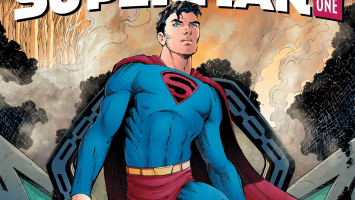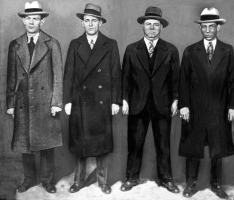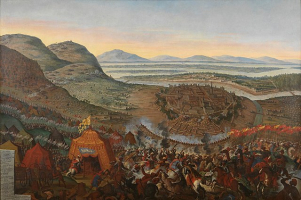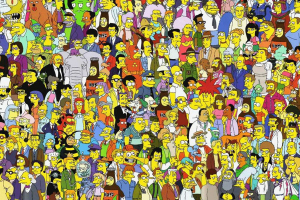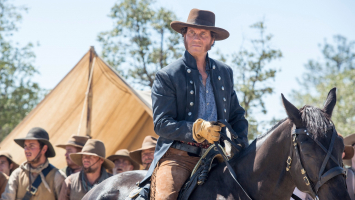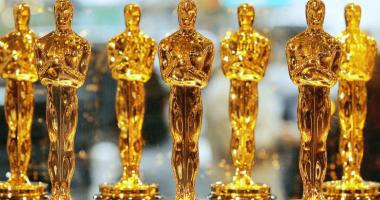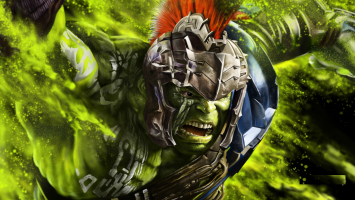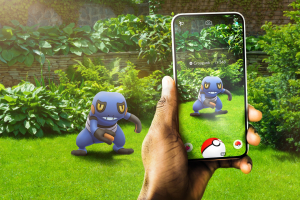Top 10 Ways The Simpsons Affected the Real World
Is The Simpsons more influential than any other cartoon program? It might currently be the most significant animated television program of all time. And ... read more...whatever of your feelings toward the "new" Simpsons, there's no denying that the program has been a standout in the comedy genre for more than three decades. But the Simpson family has also discovered methods to affect the actual world, occasionally in unexpected ways that you wouldn't expect.
-
The boldest promise to transform the planet Alex Bencze, a character from The Simpsons, is a possibility. Bencze was 8 years old in 1992 when one of the Simpsons' most well-known episodes aired. The 17th episode of season three, "Homer at the Bat," featured one of the best tunes in the show's history as well as cameos by a number of professional baseball players.
Homer almost passes out at the start of the episode after choking on a donut as everyone ignores him. Lenny then appears to point to a poster showing the Heimlich maneuver, but the joke is that he is actually concentrating on a form for signing up for softball. The episode goes on and Homer heals himself.
Bencze actually choked on an orange while he was with his brother in real life. Chris, Chris' 10-year-old brother, recognized the episode's poster and gave Alex the Heimlich maneuver to save his life. A life was genuinely spared by that amusing sight joke. When a toddler choked on a sandwich in England in 2007, the same thing occurred once more.
FOX Sports on Youtube 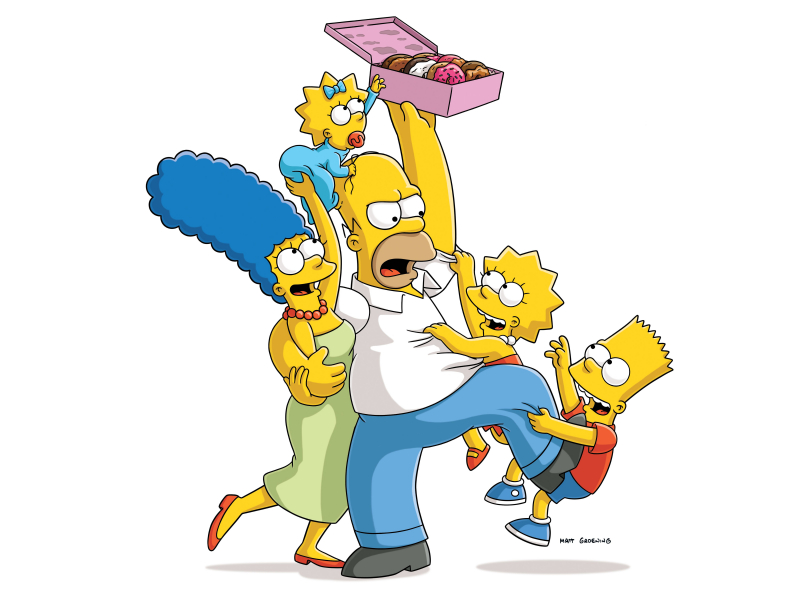
https://www.thoughtco.com/ -
The Simpsons' main source of recent renown has been its seeming supernatural aptitude for predicting current affairs. After all, they did crack a joke about President Donald Trump back in the year 2000. Since a few years ago, there has been a cottage industry of websites that provide us with lists of all the predictions made by The Simpsons, some of which are a little riskier than others.
A startling number of jokes have later been revealed to represent actual events, compared to anticipating Disney will acquire Fox 19 years in advance. Moreover, Roy Horn was attacked by a tiger in Siegfried and Roy. Going to space is Richard Branson. Olympic curling competition for the gold medal. The Higgs-Boson particle's mass was known ten years before it was even discovered by science (not exactly, mind you, but pretty close). Even a fish with three eyes in the vicinity of a nuclear power station.
Numerous more forecasts have been made, some of which are more uncanny than others and many of which are straightforward and hardly even qualify as coincidences. Whether it has any significance or whether life is just so ludicrous that cartoonists may occasionally foresee it reasonably accurately is debatable.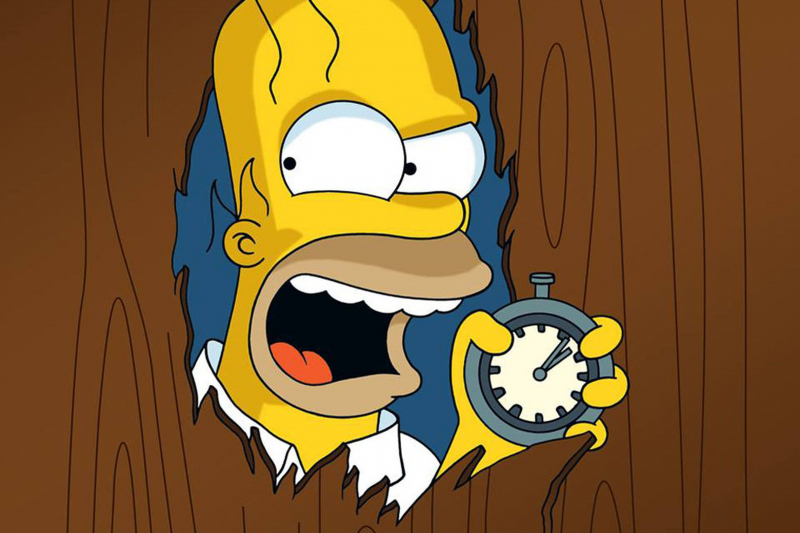
https://www.polygon.com/ 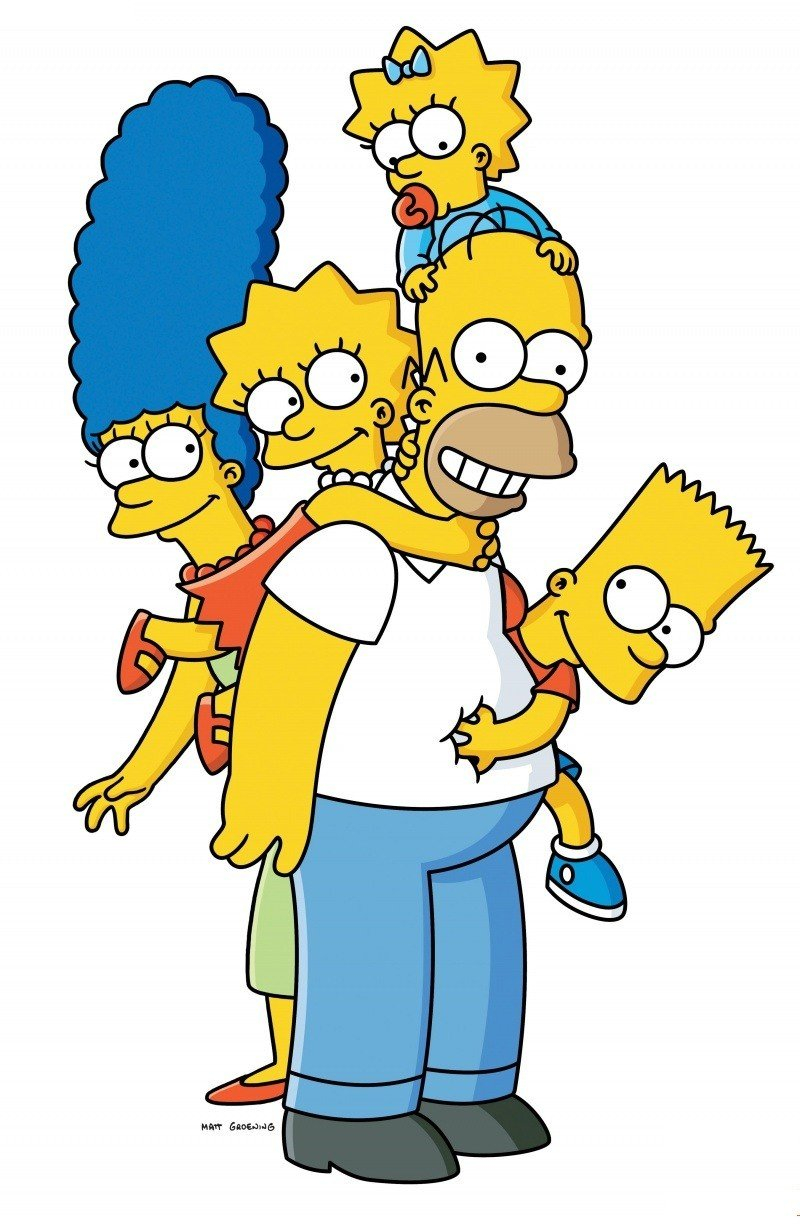
http://www.buzzfeed.com -
Hank Azaria, who played the voice of Apu in recent years, left the position as a result of the character's intense controversy (though not the show where he voices many other characters as well). This caused a wave of other voice performers to renounce their roles as the characters they played for the same reason.
Azaria was a white actor who voiced characters who belonged to underrepresented groups, as were Jenny Slate from Big Mouth and Mike Henry from Family Guy. Real performers of color were hired for many of the roles as a result of their voluntary resignation from their positions following some public outcry regarding the racial disparity in voice roles.
The comedian Hari Kondabolu's documentary, The Problem with Apu, which examined how growing up with the character of Apu and the preconceptions that went along with it for almost 30 years had an important influence on a lot of this shift.
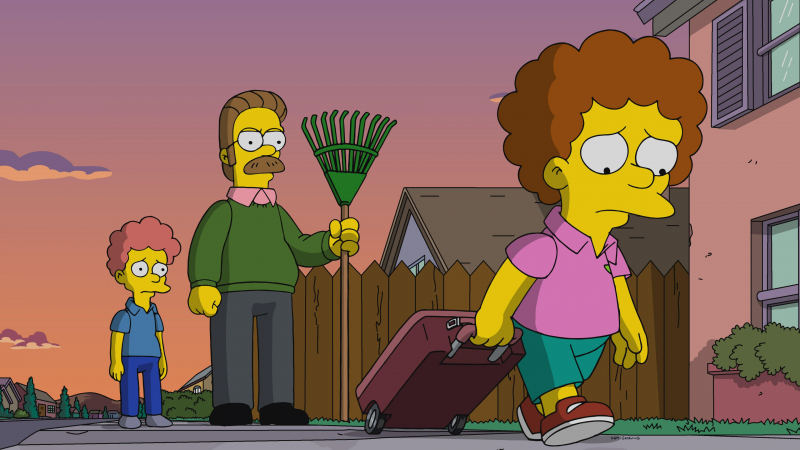
https://openloading.com/ 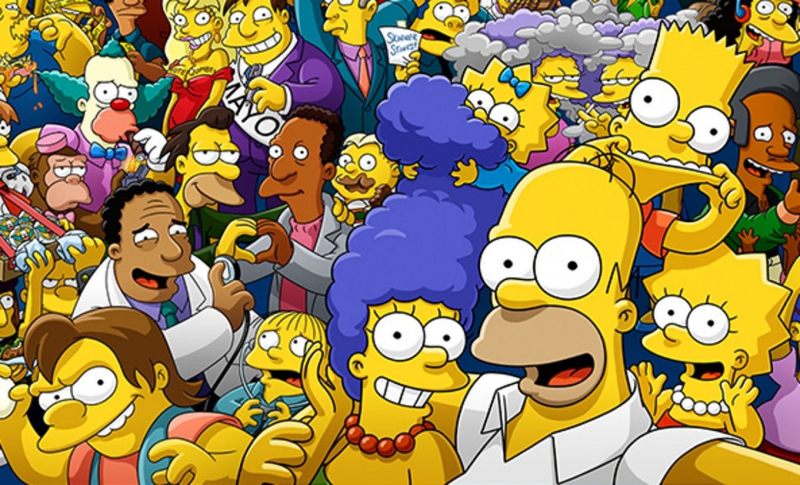
https://franormenon.blogspot.com/ -
For 24 years, "The Simpsons" has entertained countless fans all around the world and served as an inspiration for the current generation of primetime cartoons. According to a recent study, the cartoon has an even greater influence on gay males because it may encourage them to come out of the closet.
As people will see in a moment, The Simpsons has long attempted to strike a balance between acceptance and satire. It has done a lot through the years to demonstrate diversity in a variety of forms and punches up more often than it punches down. One of them was how it handled LGBT characters.
The show's gay themes and characters are so prevalent that a German author wrote a whole book about them, researching 70 gay characters and 490 sequences throughout the show's history. He said that in 2005, The Simpsons was the first program to commit an entire episode to the topic of gay marriage.
Erwin In het Panhuis, the show's author, even attributes the show's consistent and uplifting representation of gay characters and homosexuality in general with assisting gay people in coming out.
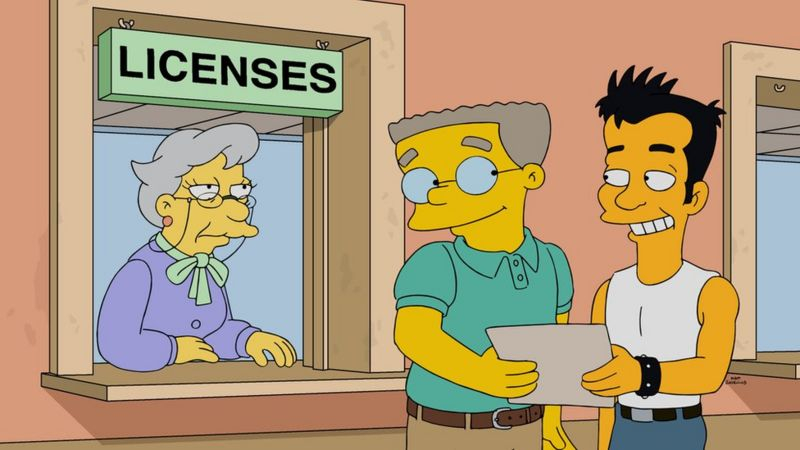
https://www.bbc.com/ 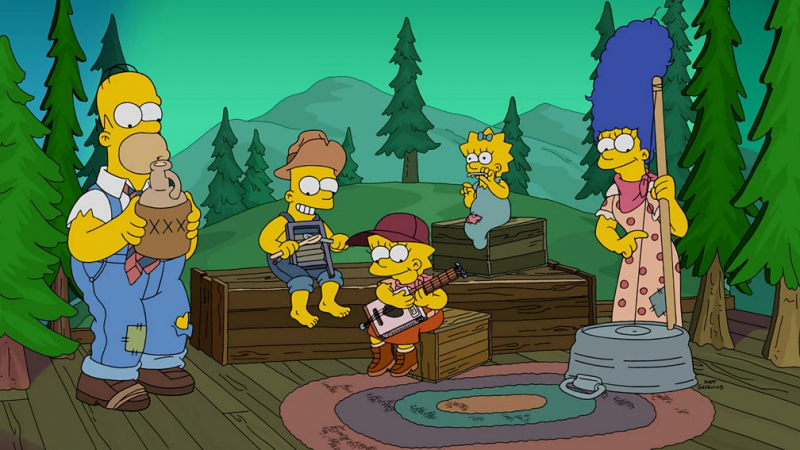
https://www.bbc.co.uk/ -
Unexpectedly, many individuals are familiar with the term "embiggens." It will generate almost 500,000 Google hits, which isn't bad for a term that The Simpsons coined in 1996. A noble spirit embiggens the smallest man, the Springfield town motto, contained the phrase, which means "to make bigger." To be fair, the phrase "embiggen" appeared to have existed in the 19th century and meaning "to embolden," but it was not one that was commonly used.
The term "Embiggen" is not the only lexical innovation the program can be proud of, and even if not all of its phrases end up in dictionaries, they nonetheless have a big cultural impact. Everyone is familiar with the meaning of the phrase "d'oh!" and the word "cromulent" in a sentence. Even the phrase "meh," which was not created by The Simpsons but is essentially the verbal equivalent of a shrug, was made more common.
Other words like "yoink," "impossible," and the always helpful "craptacular" were either created or given new meanings on the program.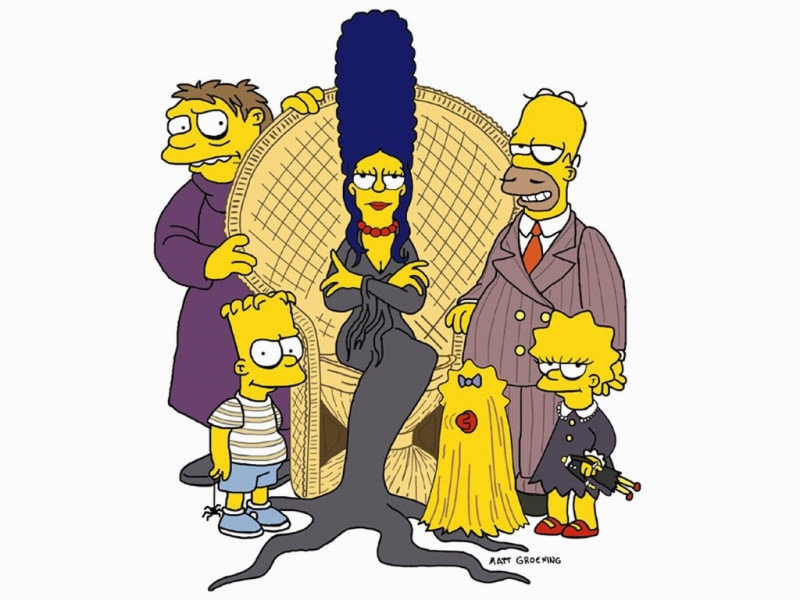
http://www.fanpop.com 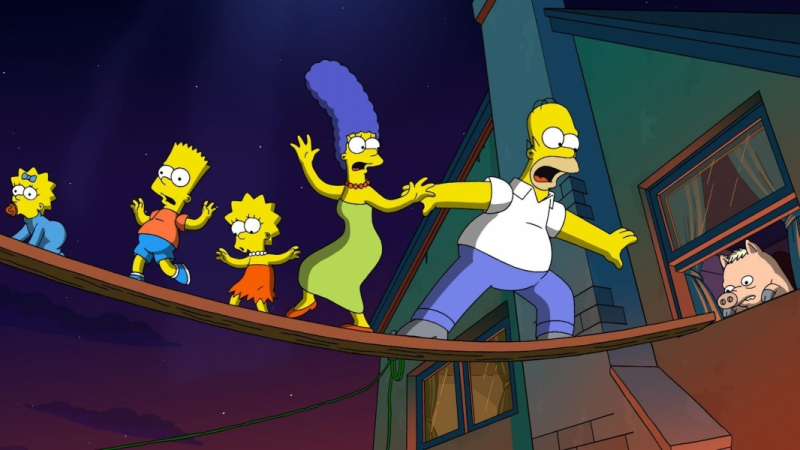
https://123moviesgo.ac -
Teachers are constantly seeking for new ways to engage their pupils and improve learning. Invoking popular culture is sometimes necessary, and who better to do so than The Simpsons? For years, Richard Pioreck, an English professor, incorporated Simpsons references in his college seminars on a variety of topics. One course was actually an online literary course that was solely based on episodes of the show, including A Christmas Carol by Dickens and The Raven by Edgar Allan Poe.
A book about utilizing The Simpsons as a teaching tool, The Simpsons in the Classroom: Empowering the Learning Experience with the Wisdom of Springfield, was co-authored by an English professor from Chicago's Xavier University. Other educational institutions have adopted the Simpsons as a starting point to teach subjects including sociology, political science, economics, and philosophy.
Not everyone appreciates the usage of Simpsons references in classes, though. In 2010, a petition to have the show removed from a media module being taught to pupils at a UK school garnered over 400 signatures. The module focused on a single episode and the beginning as a way to demonstrate language in media as well as satire and parody.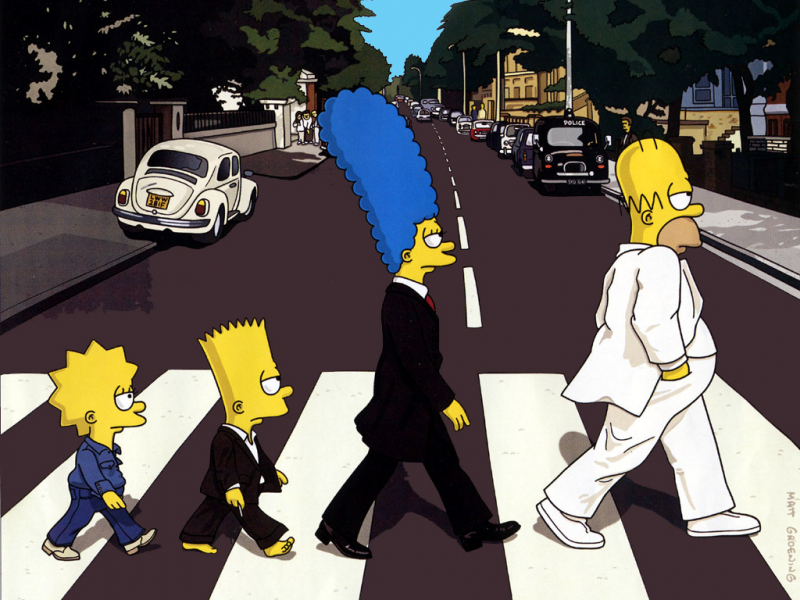
https://screencrush.com/ 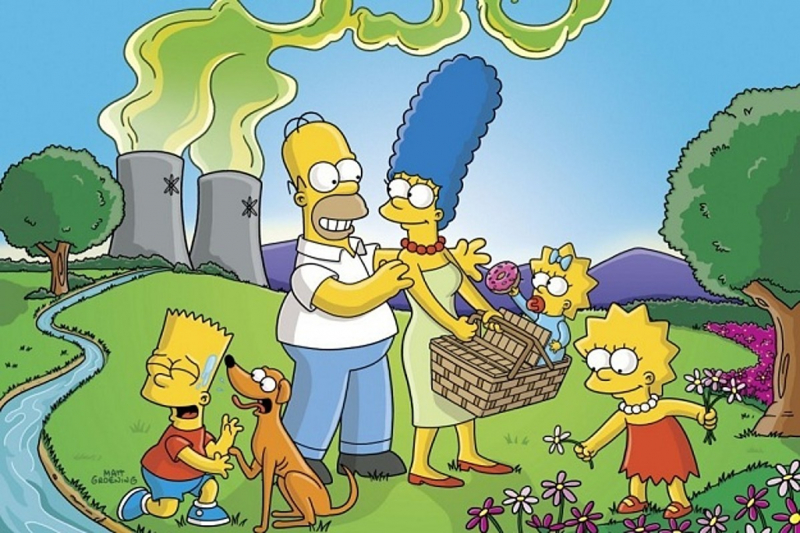
https://www.fanpop.com/ -
There are a few ways you might try to get more familiar with your spiritual side if you're feeling empty. There is always the option of reading up on whichever religion interests you, or even speaking with clerics or other spiritual authorities. And, if everything else fails, you may concentrate on The Simpsons, which has been acknowledged by some fairly lofty authorities, including the Vatican itself, with disseminating spiritual enlightenment.
The Simpsons have addressed religious topics over the years from a wide range of perspectives. There are many characters that identify as Christians, but there are also some who identify as Jews, Hindus, Muslims, Buddhists, and other religions.
On the one hand, The Simpsons does mock religion, and researchers have even come up with the phrase "The Ned Flanders Effect" to describe the propensity of agnostics to steer clear of religious persons in love relationships because of their convictions. However, the show's handling of religious topics received acclaim from the Vatican in 2009. Homer finds God to be his last shelter, as the essay stated, and while he is by no means a flawless man or a student of his faith, that is part of the idea.
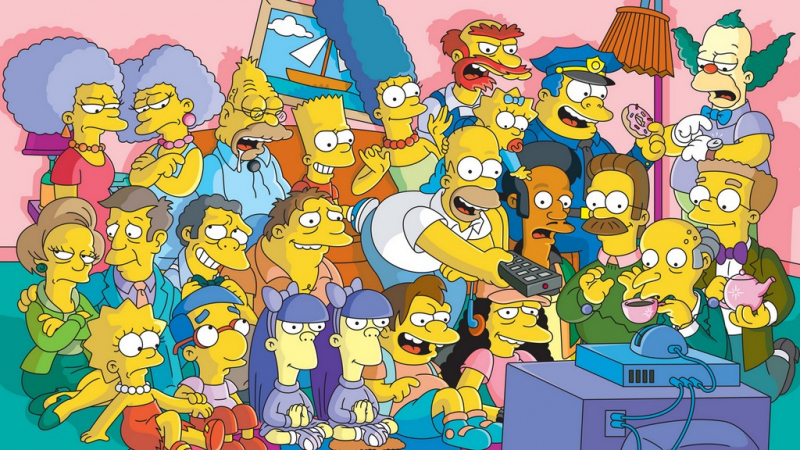
http://www.banzaj.pl 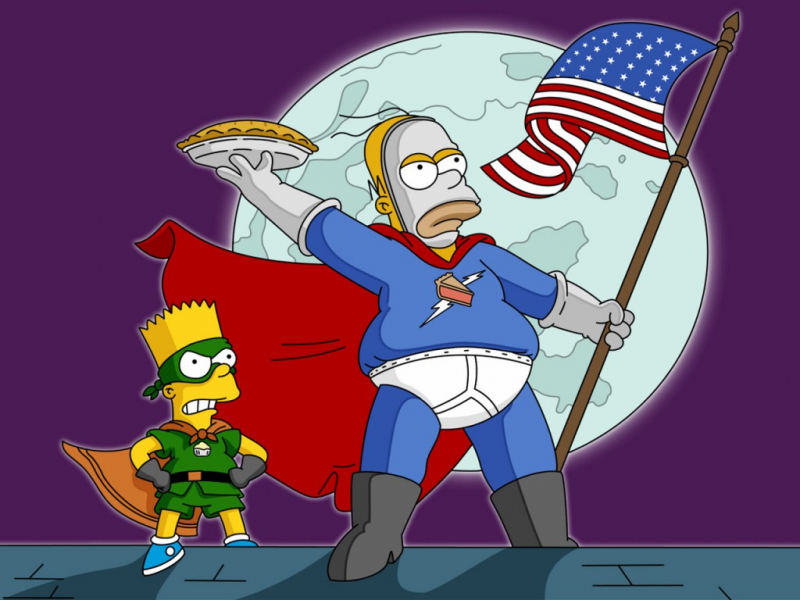
http://www.fanpop.com/ -
Pop culture frequently resembles an ouroboros, eating itself endlessly. Writers routinely include allusions and homages to the works that inspired them in their works, and movies and TV series frequently cross-reference one another. You would have a difficult time finding much in the field of comedy over the past 30 years, especially animated comedy, that hasn't been impacted in some manner by The Simpsons.
The Simpsons is often credited with inventing the genre of contemporary adult animation, according to Seth MacFarlane, the creator of Family Guy and American Dad. His programs, as well as other titans of animation like South Park, Beavis and Butthead, King of the Hill, Futurama, and Bob's Burgers, have all seen their success credited to the path established by The Simpsons. He considered the show "wholly original." And that's not to imply that the programs resembled The Simpsons in any way or, in the case of something like Rick and Morty, duplicated it. But it's arguable that The Simpsons' irreverence, wit, and heart laid the foundation for any of these other series to establish their own audience.
In essence, The Simpsons demonstrated that cartoons could exist that weren't just for kids for the first time since The Flintstones in the 1960s. It could deal with mature topics, even dark ones, in a way that would pique the interest and amuse an adult audience. That had not really existed prior to The Simpsons, and without them, it is uncertain whether any of the well-liked animated series of today would have ever been made.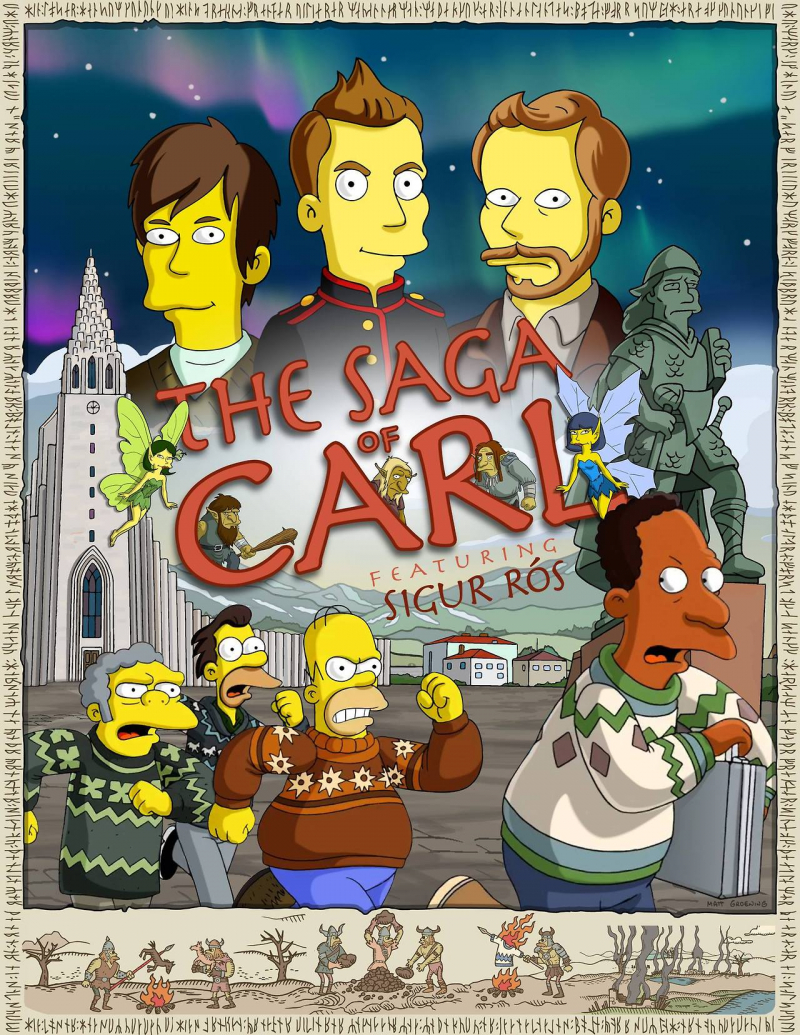
https://www.themoviethemesong.com/ 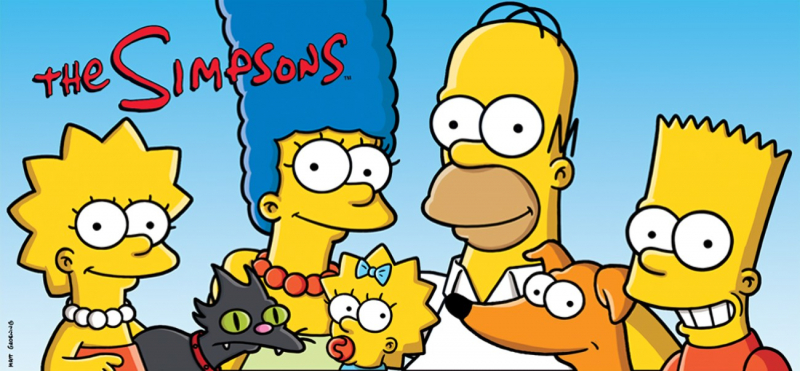
http://coolimages786.blogspot.com -
People have previously discussed how esports has grown to be a multibillion-dollar industry. Despite this, acceptance by the general public has been difficult. Even now, some individuals still make fun of the "sports" aspect of the name and express great surprise and perplexity at the amount of money that may be made. However, acceptability is increasing, and The Simpsons played a significant role in this development.
In a 2019 episode of The Simpsons, Bart decides to pursue a career in gaming. The game, dubbed a "cultural tipping moment," was created with the assistance of Team Liquid, an eSports organization, and Riot Games, the creators of League of Legends.
For the episode, the show's creators visited the training grounds of Team Liquid, one of the oldest esports teams in the world. Steve Arhancet, owner of Team Liquid and a seasoned industry figure, believes that esports' debut on "The Simpsons" eventually demonstrates the space's ability to endure in Western culture, a departure from the more Asia-focused approach esports has previously taken.
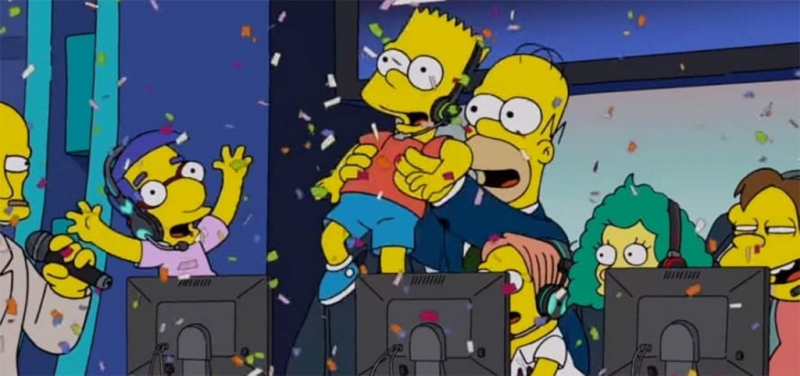
https://esportbet.com/ 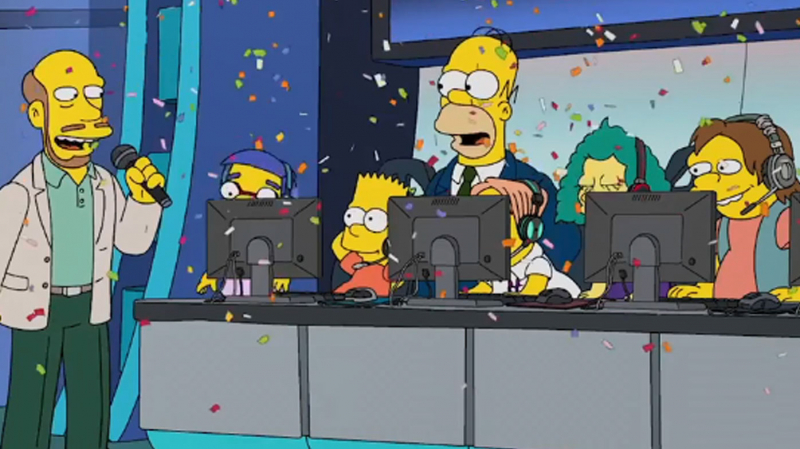
https://wwos.nine.com.au -
Today's world is rife with mistakes, in large part because everyone types with chonky, stubby fingers on tiny little keyboards. But rather than the relative simplicity of a multitouch keyboard like we have now, it was considerably more difficult to operate years ago with physical keyboards that required individual key pressing. And it appears that The Simpsons is to blame.
All mobile devices before the iPhone had physical keyboards, since multitouch devices and virtual keyboards were a complete failure. The iPhone was anticipated to follow suit. Why? Apple's Newton. The typing was terrible because it was an early effort at a device without a real keyboard. The bully Dolph steals a message from Kearney on his Newton in a 1994 episode of The Simpsons, instructing them to beat up Martin. It is instead noted as "eat up Martha." Kearney responds by throwing the Newton at Martin.
The iPhone design team was motivated by this extremely basic joke. As they worked on the new keyboard, they reportedly cracked the joke "eat up Martha" all the time at the office. They worked on the concept until they had fixed the potential "eat up Martha" issue and completely transformed mobile typing.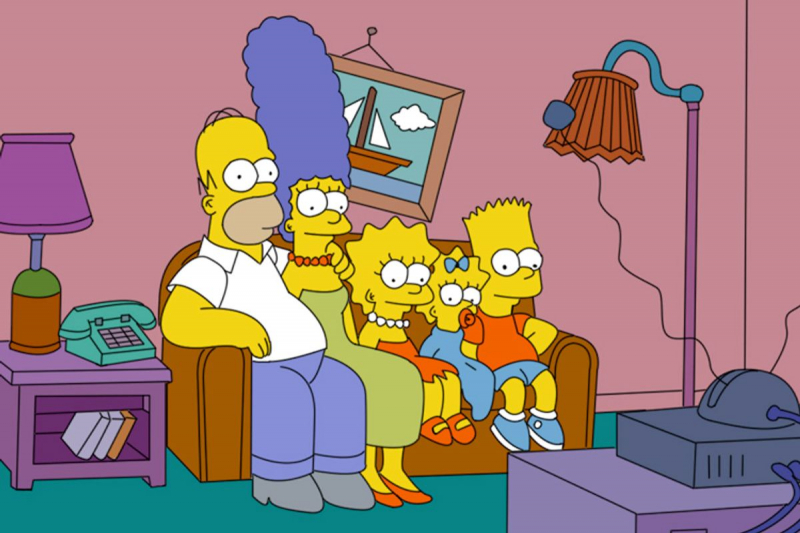
https://www.salon.com 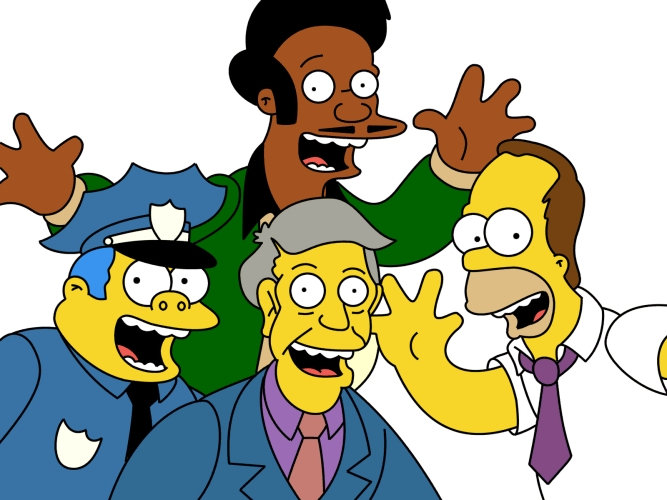
http://www.oasidelleanime.com/












